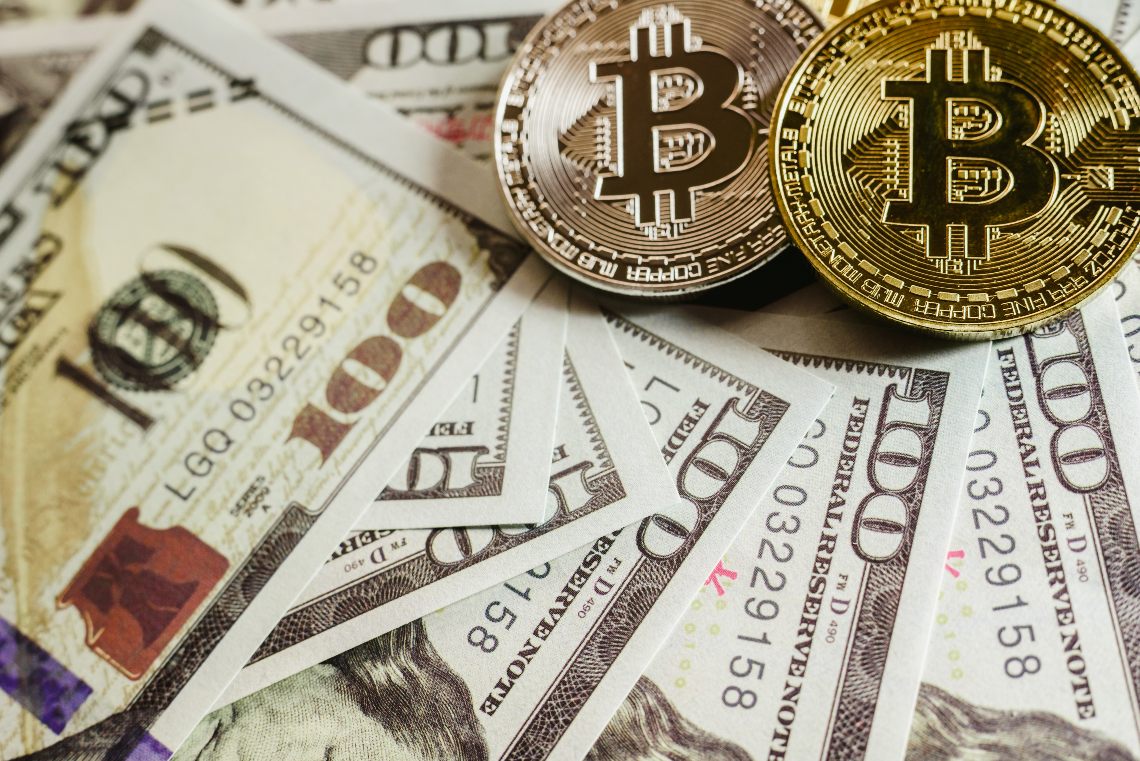Grayscale has announced that it has reached $13 billion in crypto assets including Bitcoin.
12/14/20 UPDATE: Net Assets Under Management, Holdings per Share, and Market Price per Share for our Investment Products.
Total AUM: $13.0 billion$BTC $BCH $ETH $ETC $ZEN $LTC $XLM $XRP $ZEC pic.twitter.com/3KCMu0z8Dy
— Grayscale (@Grayscale) December 14, 2020
In fact, 83% is made up of Grayscale Bitcoin Trust, with over $10.8 billion under management, while in second place there is the Ethereum Trust, with $1.7 billion. The other products are far more distant.
As a result, Grayscale holds about 560,000 BTC, roughly 3% of all bitcoin currently in existence.
In addition to BTC and ETH, Grayscale also offers products on Bitcoin Cash (BCH), Ethereum Classic (ETC), Litecoin (LTC), Ripple (XRP), Stellar (XLM), Zcash (ZEC) and Horizen (ZEN), although for these altcoins the amounts held are far smaller.
Moreover, a further 131,000 ETH were recently purchased for the Ethereum Trust, because, as confirmed by the CEO of Grayscale Investments himself, Michael Sonnenshein, a number of investors have moved primarily into ETH, or in some cases even only into ETH, which is increasingly seen as a whole new asset class.
Although $13 billion in assets under management may seem like a lot, especially in the crypto world, it should be remembered that Tether, for example, now manages $20 billion in assets. However, in Tether’s case, these are not investments, but funds to cover the value of the USDT stablecoin tokens.
For example, MassMutual, which recently invested $100 million in bitcoin, manages assets worth over 230 billion dollars, or almost twenty times those managed by Grayscale.
Grayscale and the $13 billion crypto funds
As such, the $13 billion managed by Grayscale is currently a lot when compared to other crypto funds, but it is still very little when compared to traditional funds.
Furthermore, it should be noted that Grayscale merely stores tokens as collateral for the shares it offers to its clients, i.e. they do not trade or invest their own funds.
Therefore, Grayscale’s activity does not directly influence the market, although it indirectly allows crypto market participants, who otherwise might be cut off from it, to enter the market.

